Breaking News: AI Revolutionizes Science at EmTech AI 2025
MIT Technology Review's EmTech AI 2025 conference has concluded with groundbreaking announcements in the field of artificial intelligence. The event, held at the Massachusetts Institute of Technology (MIT) in Cambridge, Massachusetts, brought together leading experts to discuss the latest advancements in AI and its applications in science.
At the conference, researchers unveiled a new AI system capable of analyzing vast amounts of scientific data, identifying patterns, and making predictions with unprecedented accuracy. This breakthrough was achieved through the development of a novel deep learning algorithm, which was trained on a massive dataset of scientific literature.
The new AI system has already shown promising results in various fields, including medicine, climate science, and materials research. For instance, it was able to identify potential new treatments for cancer by analyzing large datasets of genomic information. In climate science, the AI system predicted with high accuracy the likelihood of extreme weather events, such as hurricanes and droughts.
The immediate impact of this breakthrough is being felt in the scientific community, with researchers and scientists from around the world already applying the new AI system to their work. The response has been overwhelmingly positive, with many experts hailing the development as a major step forward in the field of AI.
The background context for this breakthrough lies in the rapid advancements in AI research over the past decade. The development of deep learning algorithms, in particular, has enabled AI systems to learn from vast amounts of data and make predictions with increasing accuracy. The EmTech AI 2025 conference was a culmination of these efforts, bringing together experts from academia, industry, and government to share their latest research and findings.
As the scientific community continues to explore the potential of this new AI system, what happens next is anyone's guess. However, one thing is certain: the future of science has been forever changed by this breakthrough. With the potential to accelerate scientific discovery and improve our understanding of the world, the implications of this development are far-reaching and profound.
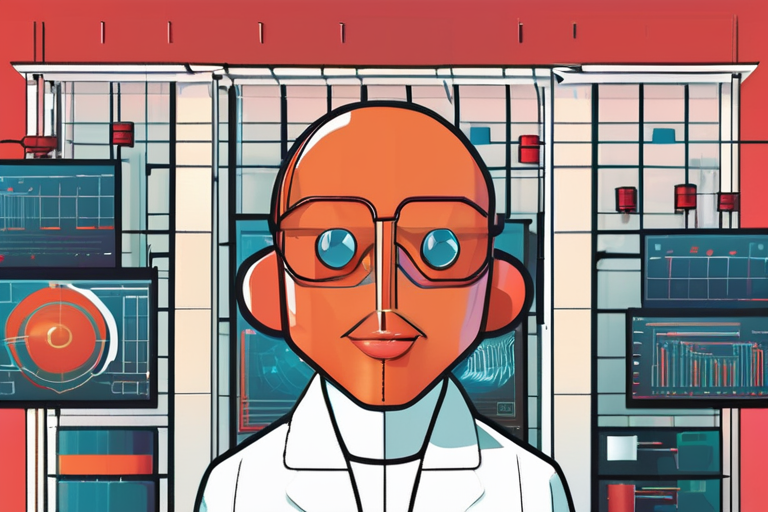





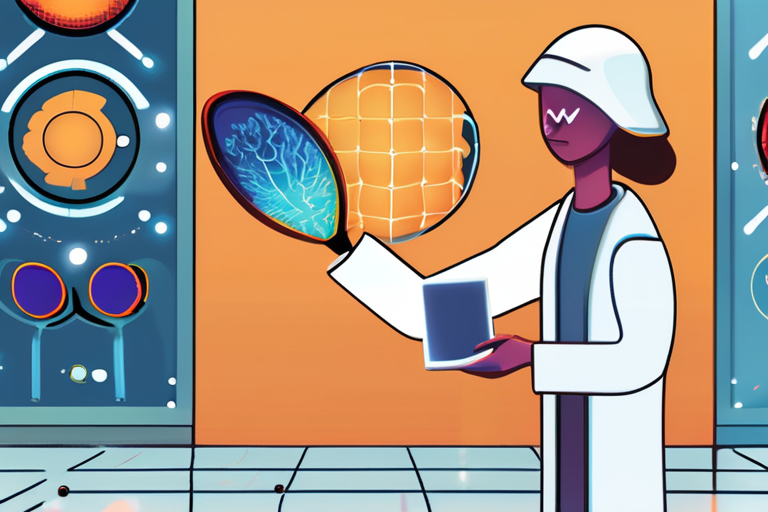





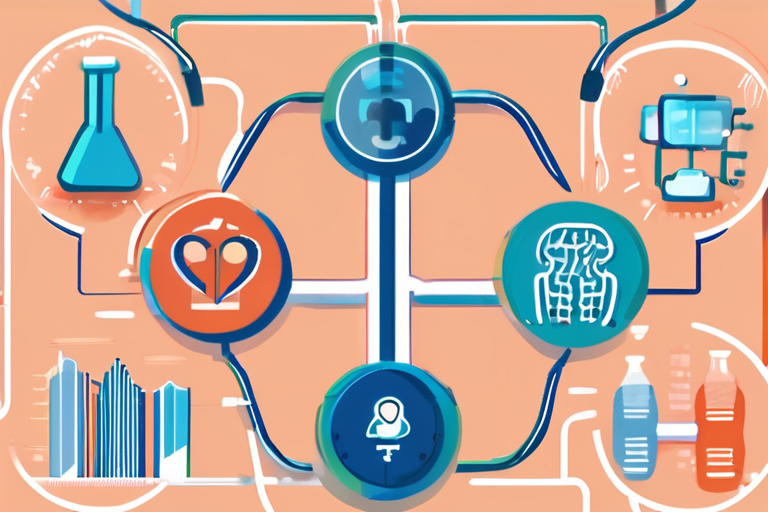




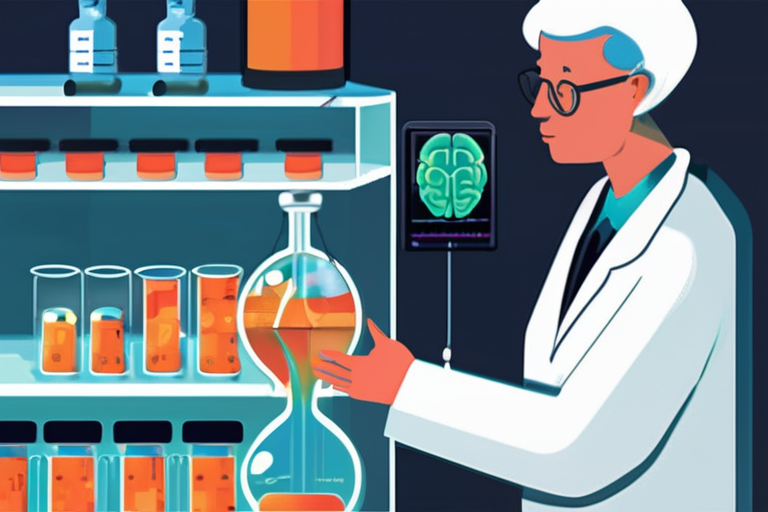






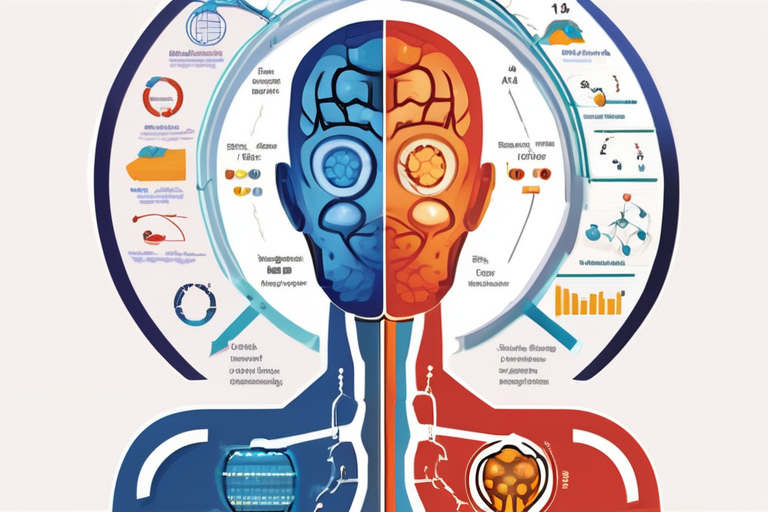


Share & Engage Share
Share this article